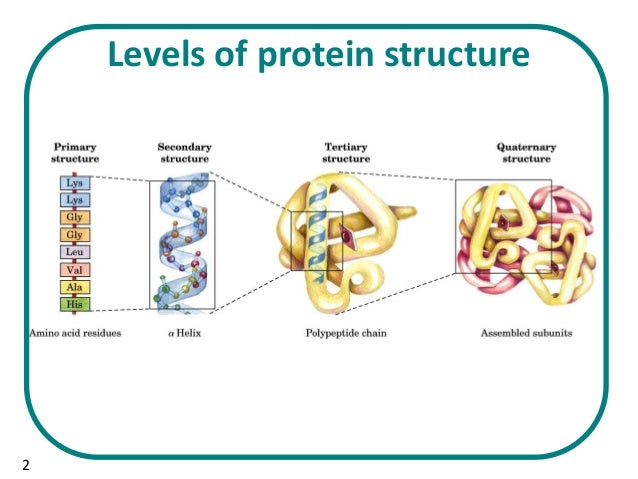Macronutrients. These are the big three of fats, proteins, and carbohydrates (carbs for short). In nutrition it's kind of like the Big 4 of 80s Thrash Metal (Metallica, Megadeth, Slayer, and Anthrax). Last week I discussed calories, and these bad boys are what those calories are made of. If your total calories is 50% of the nutritional equation, how the are distributed makes up approximately 25-33% of the equation.
Glucose is the simplest carb molecule that we need to look at. Ultimately all carbs, regardless of the structure, end up as glucose for your body to use as fuel. For performance, this is hugely important. Go ahead and carb deplete (<50g, your traditional low carb diet) for several days and try to do some really voluminous workouts such as a fast pace run or rep heavy squat, you'll find that you won't be able to do as well without carbs as you can with. Regarding aesthetics (the way you look), these are hugely important as well. With carbs, you can:
1. Train harder
2. Train longer
3. Lose fat mass (under certain conditions)
4. Gain muscle mass
Without carbs, you can:
1. Lose fat mass (under certain conditions)
2. Increase cognitive function...you know, brain function
There are definite ups and downs to the consumption of carbohydrates. But to keep it simple, know that they are hugely important to see gains in your physique and in your gym numbers.
Protein is another hugely important thing to have in your diet. Casual observation shows that men typically have an abundance while women are usually under on their protein needs. Protein is important for muscle mass, enzymes, physiological processes, and much much more! Inadequate protein from your diet results in your body taking it from your most abundant protein storage sites, your muscles.
Protein helps in a lot of ways, such as:
1. Muscle structure
2. Enzymes for various physiological reactions
3. DNA/RNA synthesis
4. Feeling full when eating (causing weight reduction)
5. Increased metabolic rate.
Without adequate protein in your diet, you feel hungrier more and ultimately will gain more fat mass without it than with it.
Fats are the misunderstood child of the nutrition world (though in many ways, so are carbs). Your body cannot survive without fats. Therefore, having some fat is vital to your overall health, performance, and appearance.

Having fats in your diet contribute to things like:
1. Increased full feeling when eating
2. Satiation
3. Synthesis & storage of some vitamins
4. Thermoregulation
5. Protection
6. Energy
Fat is hugely important in your diet and it's important to know that at times it's really important to consume it. Most of us, as Americans, consume plenty of fat and have plenty of storage fat within our bodies (hence the dad-bod). We can improve our physiques by manipulating this very molecule that is found in such abundance in our foods.
Now you know the big three macro-nutrients. Most suggest that a diet 50% carbs, 30% fats, and 20% proteins is adequate for our needs. However my challenge to you is to sustain this and find how your body functions on it. Diet is a constantly revolving mechanism and you'll have to vary your percentages based off of your activity, injuries, any a variety of other means.
Next week I'll dive into timing of these macro-nutrients and how that can be tremendous in improving your overall health and physique. .
 Protein consumption is critical for human health and without it, we cannot function normally. Typically we associate protein consumption with bodybuilding, muscle growth, and even "crash" diets such as Adkins or South Beach. Protein is so much more than just a macronutrient we consume to reduce or gain body mass.
Protein consumption is critical for human health and without it, we cannot function normally. Typically we associate protein consumption with bodybuilding, muscle growth, and even "crash" diets such as Adkins or South Beach. Protein is so much more than just a macronutrient we consume to reduce or gain body mass. Finally, protein consumption can aid in the change of body composition. If you are overweight a high consumption of protein can actually make you feel full longer, thus resulting in a decrease in the quantity of calories consumed. Protein takes longer to diegest than carbohydrates or fats, which allow for this. There is also more energy required, called the thermogenic effect of food, to break down protein sources to the amino acids needed to enter the blood stream.
Finally, protein consumption can aid in the change of body composition. If you are overweight a high consumption of protein can actually make you feel full longer, thus resulting in a decrease in the quantity of calories consumed. Protein takes longer to diegest than carbohydrates or fats, which allow for this. There is also more energy required, called the thermogenic effect of food, to break down protein sources to the amino acids needed to enter the blood stream. 









